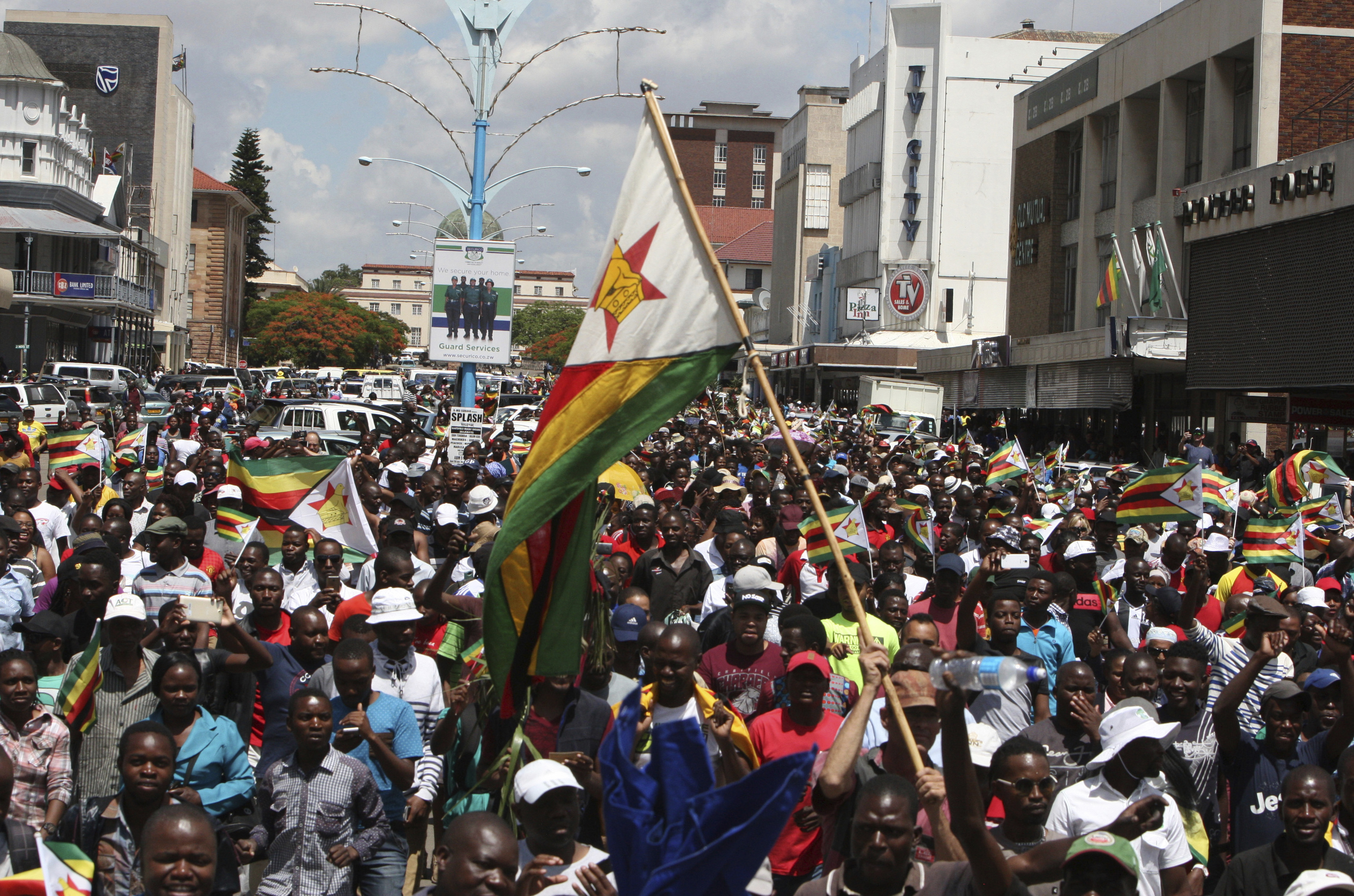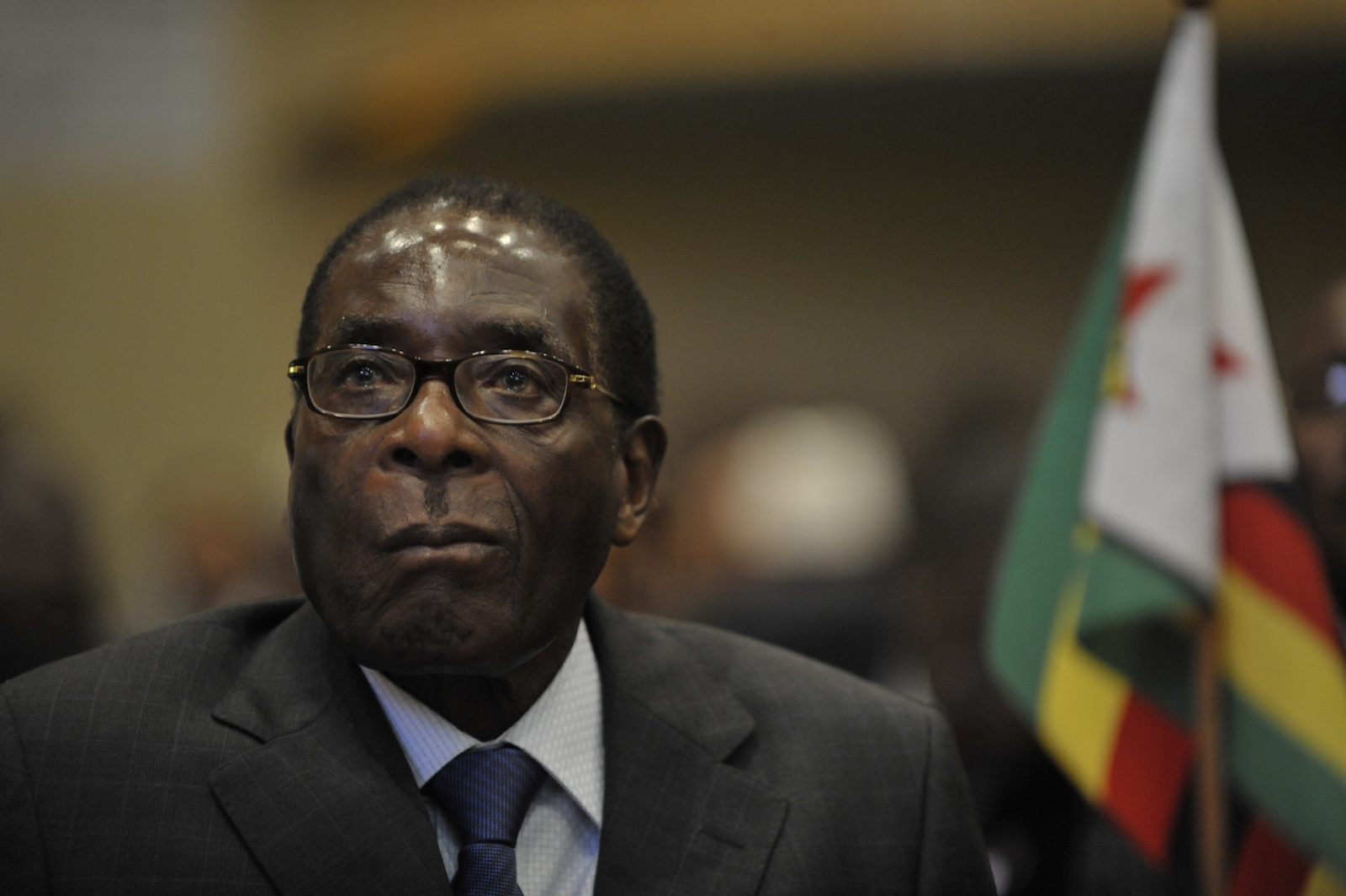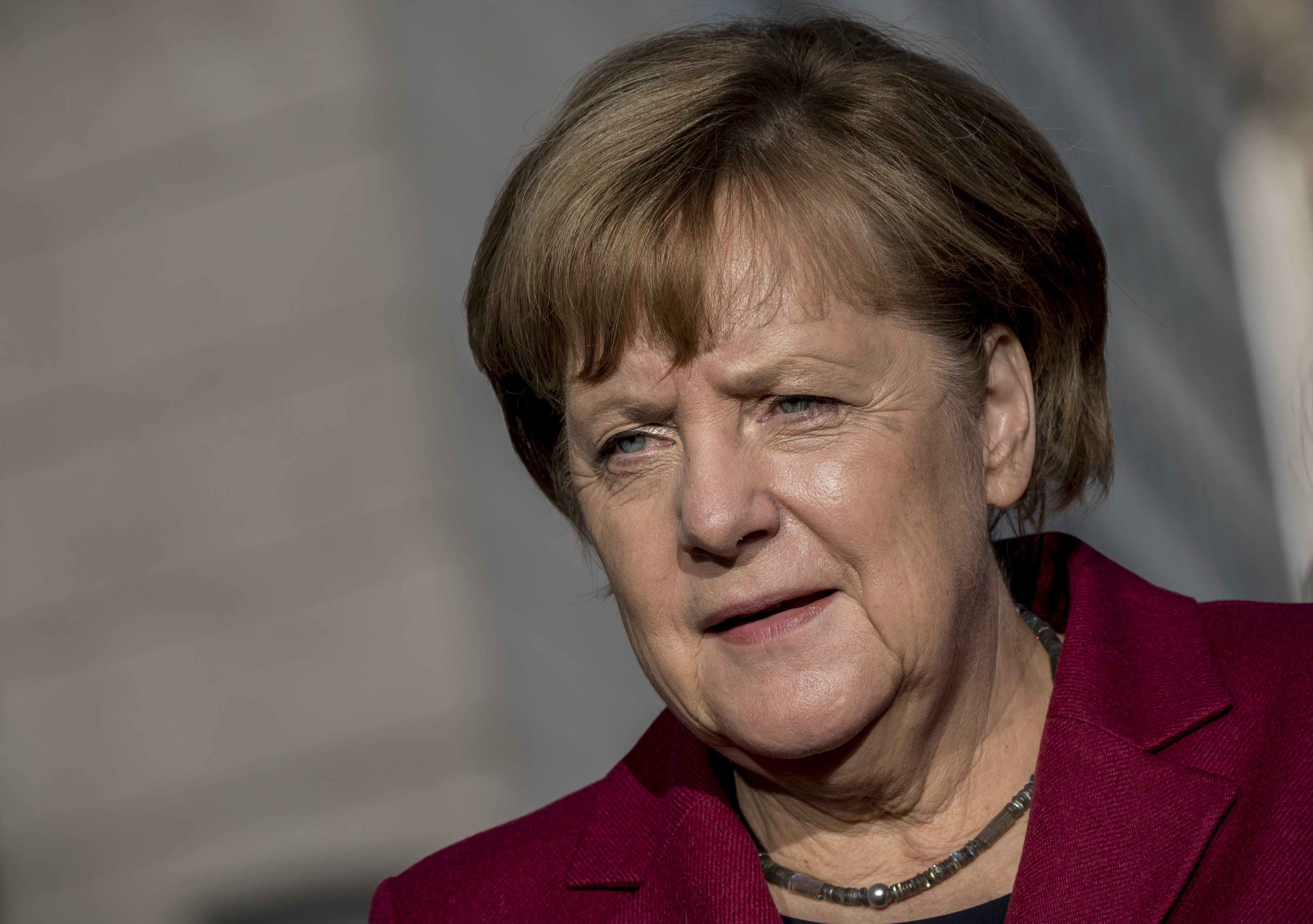In a euphoric gathering that just days ago would have drawn a police crackdown, crowds marched through Zimbabwe’s capital on Saturday to demand the departure of President Robert Mugabe, one of Africa’s last remaining liberation leaders, after nearly four decades in power.
Zimbabweans giddy with joy raced through intersections, raising their arms in triumph. Young men shouted, laughed and embraced. Others danced on top of moving buses. One man stripped to his underwear and danced on a car roof.
In the first public outpouring since the military put Mr. Mugabe under house arrest earlier in the week, the bulk of Harare’s population of about 1.6 million appeared to be in the streets. The army held back thousands who gathered near the State House, home to official functions, while others headed toward Mr. Mugabe’s lavish mansion.
Some marchers had posters with an image of the military commander who swept in to take control, with the slogan: “Go, go, our general!!!” Marchers handed flags to soldiers, who accepted and waved.
“It’s like Christmas,” said one marcher, Fred Mubay, who said Zimbabweans have been suffering for a long time.
Another resident, Trust Chuma, sat quietly on a bench and watched. “This is the biggest day in the history of Zimbabwe,” he said.
The 93-year-old Mr. Mugabe, the world’s oldest head of state, is said to be asking for more time amid negotiations with regional leaders that seek his exit with a veneer of dignity.
But he is virtually powerless and deserted by most of his allies, with others arrested, and the ruling party has turned on him, asking for a Central Committee meeting this weekend to recall both him and his wife. Impeachment is also a possibility when Parliament resumes Tuesday.
Zimbabwe: Thousands march against president Mugabe, call for his removal from power pic.twitter.com/f4NFQFYkRL
— Harun Maruf (@HarunMaruf) November 18, 2017
The dancing crowds in Harare made it clear the country is impatient to move on without Mr. Mugabe, who took power 37 years ago amid an air of optimism but has been accused of squandering the once-prosperous country’s potential.
“It’s like independence day, multiple,” a political analyst said on state-run television.
Even as concerns remained about who next would be in charge and what freedoms might be available if the military lingers in power — or if Mr. Mugabe’s recently fired deputy leads a new government — people reveled in the rare chance to speak out.
Zimbabwean newspaper publisher Trevor Ncube tweeted: “Dear world, we are fully aware of the possible risks and pitfalls beyond this tipping point. … After 37 years of repression, allow us to soak in this moment. Sincerely, #Zimbabwe.”
The demonstrators, in the event approved by the military, hoped the big turnout would speed up the official end of Mugabe’s rule, which is widely blamed for the collapse of an economy that was once one of Africa’s wealthiest. In a reminder of past crippling hyperinflation, the state-run Zimbabwe Herald published a photo of a man holding a 200 million-dollar bill.
Veterans of the long liberation war against white minority rule, once close allies of Mr. Mugabe, took part in the demonstration, along with opposition activists who long have faced police crackdowns by the Mugabe government.
Zimbabwe’s state-run media showed previously unthinkable images of the celebrations. The Zimbabwe Broadcasting Corporation called the country “free and liberated” and showed footage of one person carrying a sign saying “The people of Zimbabwe want Mugabe to go.”
The state-run Zimbabwe Herald newspaper’s report “#Mugabe Must Go!” noted some of Mugabe’s achievements but said that “however the revolutionary train derailed somewhere along the way.”
Zimbabweans of all races proclaimed their support for calls for President Robert Mugabe to step down, at a historic march bringing together tens of thousands of Zimbabweans pic.twitter.com/kE94kJbNuN
— The Herald Zimbabwe (@HeraldZimbabwe) November 18, 2017
Outside the State House, a place few previously dared venture, soldiers posed for pictures as marchers streamed by. Thousands of people later gathered at an intersection nearby, with security forces blocked them from moving further.
The military in a new statement urged the thousands upon thousands of people streaming through the capital to be orderly and “vigilant against agent provocateurs” who might wish to discredit the events.
At an intersection, a vendor held up a newspaper with the headline: “Mugabe cornered.” The majority of adult Zimbabweans now survive on informal trade after formal industry collapsed.
Harare’s Robert Mugabe Street turned into a carnival. Drivers gunned their engines, blasted their horns and circled in a main intersection, enveloping the crowd in exhaust fumes.
One driver got out of his moving car and danced in front of it for a couple of minutes as the empty vehicle coasted slowly down a street lined with cheering crowds.
Some white Zimbabweans joined the crowd at Harare’s Freedom Square, also known as Robert Mugabe Square. Some whites and blacks hugged each other.
In Zimbabwe’s second-largest city, Bulawayo, former education minister David Coltart said he spoke at a “massive march” organized by churches to urge President Robert Mugabe to resign. He said thousands of people were there.
“I never thought I would see the day as we marched past central police station without being arrested!” he said. “Amazing scenes.”
Thousands gathered for speeches at the Zimbabwe Grounds, chosen for the symbolism. The location is where Zimbabweans gathered to cheer Mugabe’s return from exile in 1980 after the liberation war from white minority rule.
Now the crowds urged Mugabe’s departure. Speakers included former Vice President Joice Mujuru, sacked in 2014 by Mugabe and accused of plotting to take power. Cabinet ministers were spotted in the crowd.
“This is the new Zimbabwe,” one speaker declared.
Another expressed popular anger at first lady Grace Mugabe, whose apparent attempts to succeed her husband were a factor in the military’s decision to step in.
“You and your husband should go today and not tomorrow,” the speaker said.
The 37-year-old Talent Mudzamiri was born soon after Zimbabwe’s independence.
“It’s like a relief,” he said. “Our voices have not been heard for a long time. The trend in Africa, when the people speak, they are not heard.”
He acknowledged that Zimbabwe faces challenges in the long term, but said: “The common enemy is Robert Mugabe. That’s for starters.” If Zimbabwe’s next leader is just as troublesome, he said, “we are going to come out again.”





















